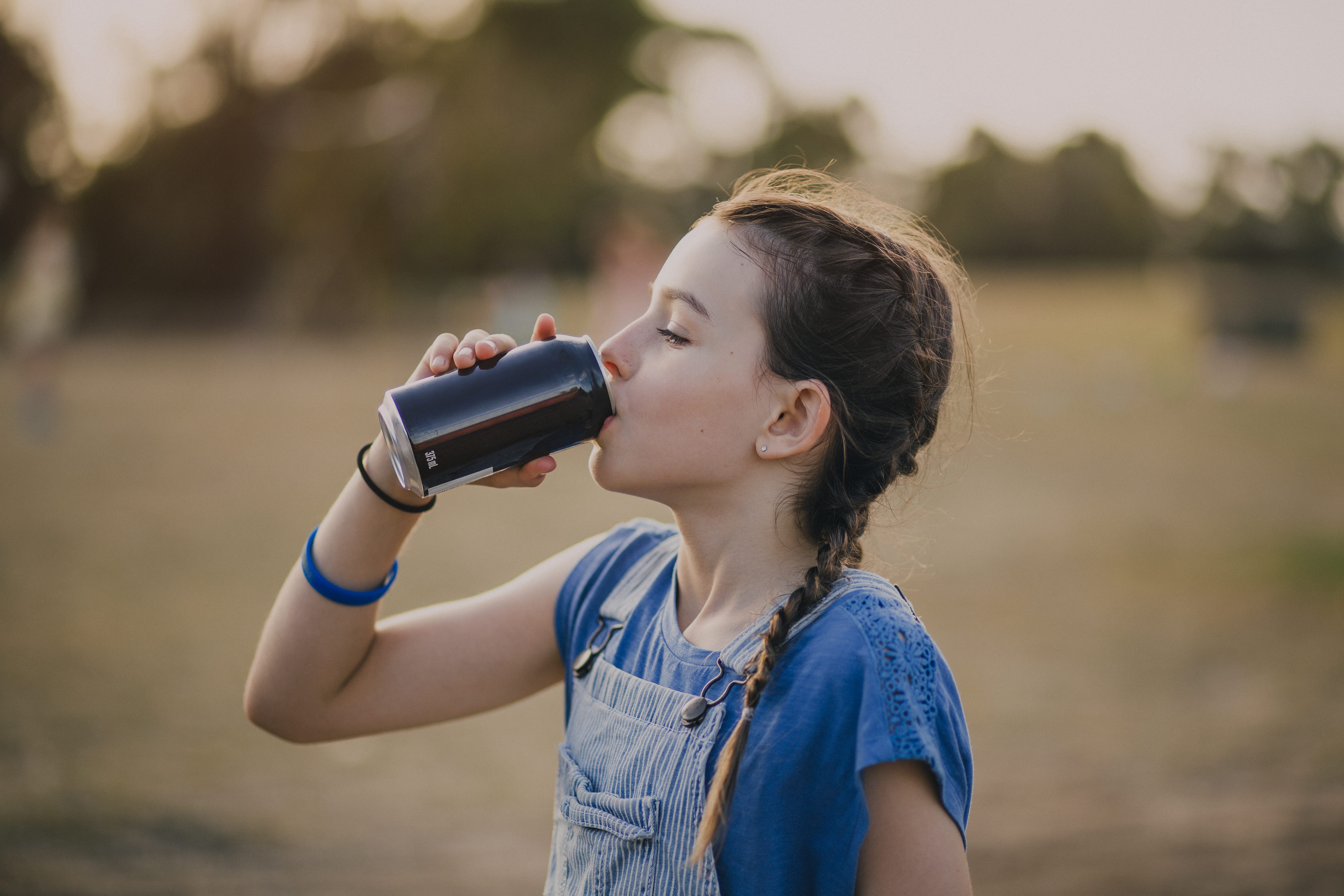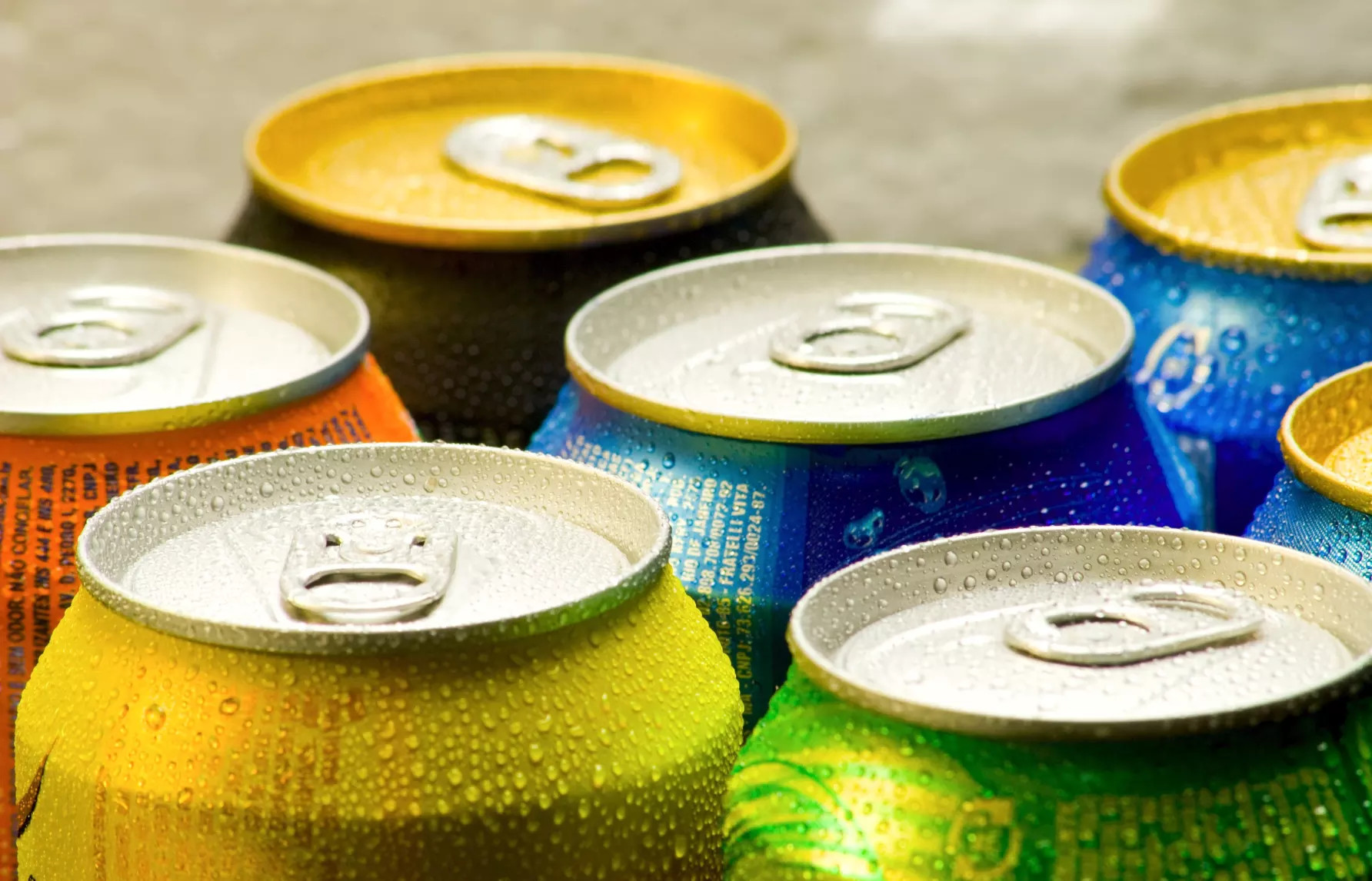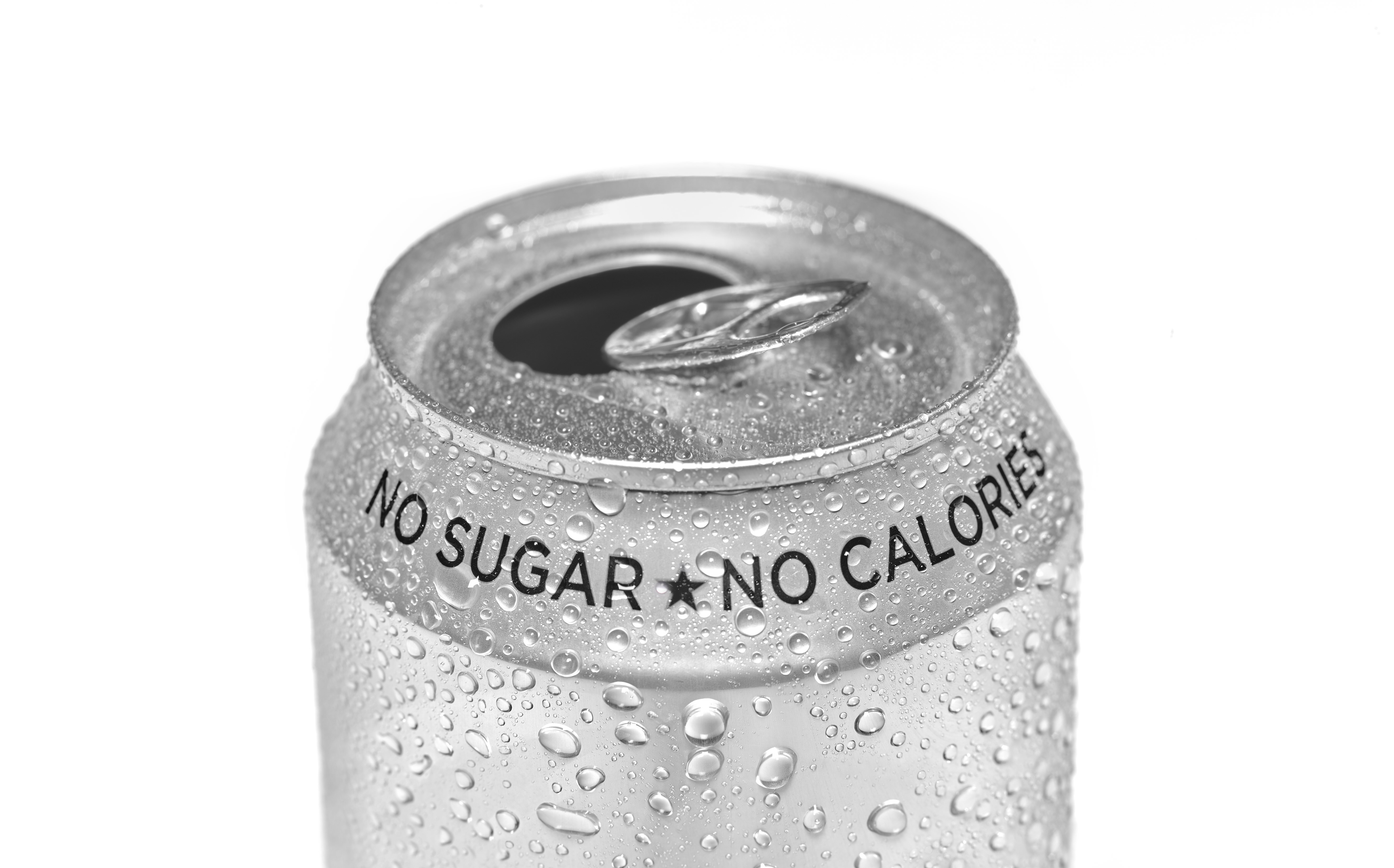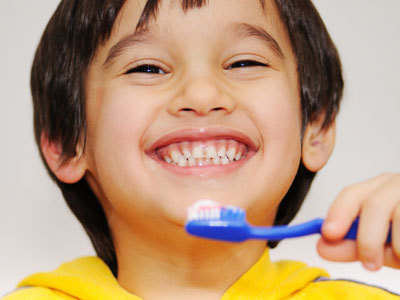
Health & Medicine
It’s time to drop the sugar coating

Buyer beware. New research shows sugar-free drinks and lollies are just as bad for your teeth as sugary products
Published 26 November 2015
Cutting down on sugar-laden soft drinks and lollies is a wise decision for your waistline and a great move to reduce the risk of dental decay.
But even if you avoid sugar, it’s important to know that diet and sugar-free drinks as well as lollies can still wreak havoc on your dental health.

The Oral Health Cooperative Research Centre has tested a range of sugar-free drinks and lollies on extracted human teeth. Unfortunately, many of these products are bad news for tooth enamel.
The majority of soft drinks and sports drinks we tested caused softening of dental enamel by 30 to 50 per cent.
Both sugar-containing and sugar-free soft drinks (including flavoured mineral waters) produced measurable loss of the tooth surface, with no significant difference between the two groups of drinks.

Health & Medicine
It’s time to drop the sugar coating
Our briefing paper outlining the findings of the Oral Health CRC’s dental erosion studies calls for better consumer information and product labelling to help people consider their oral health when they choose what to eat or drink.
Fluoridated tap water is always the best option for teeth. Milk is excellent because it’s not erosive at all. But be aware that bottled water doesn’t have the same benefits, particularly for children.
Sports drinks, even sugar-free kinds, are also bad for enamel. Water is just as good at rehydrating.
Sugar-free lollies often contain citric acid and can cause significant problems. It’s best to keep consumption of lollies of all kinds to a minimum.
After drinking or eating acidic foods and beverages, don’t brush your teeth straight away. Some people brush too hard and wear away the enamel with the combination of abrasion and erosion. It’s better to drink tap water, rinse it around and harden up the enamel before you brush.
Check ingredients for acidic additives, especially citric acid (ingredient number 330) and phosphoric acid (ingredient number 338).
Have regular check-ups with your oral health professional.

Many people believe soft drinks labelled sugar-free are completely safe for teeth, but unfortunately we’re finding these aren’t much better than the sugar filled versions because of their potential to cause erosion of dental enamel.
It’s because these products are high in citric acid – a major cause of tooth erosion.
To give you a classic example, colas that are sugar-free usually have citric acid added for tanginess, as well as phosphoric acid, which isn’t good news for teeth either.

Health & Medicine
The stories our teeth can tell
Oral health professionals are aware more food acids in our food and drinks, combined with an increase in popularity of these products, is linked to an increased prevalence of erosion.
One in three children have signs of dental erosion and because the eroded tooth enamel is more prone to bacteria, this makes it more susceptible to tooth decay.
We’ve seen bad erosion in the teeth of children aged two to three-years-old, and signs of erosion in permanent teeth of older children.
Dental erosion can be avoided by limiting sugar and citric acid and with good dental hygiene, but without a change in habits, children are likely to need extensive dental treatment by the time they reach their teens.
Lollies that are labelled sugar-free, some of which may even have ‘safe for teeth’ written on the packaging, are also damaging for teeth.

Sugar-free lollies don’t have sucrose in them, but they may contain citric acid or other food acids for taste, particularly the lemon, orange or other fruit flavours.
Some of these actually claim to be tooth-friendly but consumers should be aware that their acidic ingredients make them potentially harmful to teeth.
It’s concerning that parents can buy sugar-free lollies under the impression they are a healthier option for their children, unaware that these products have the potential to do significant damage.

Health & Medicine
How Australia is losing the health fight
Manufacturers do have to list food acids in their products, but these are coded. How many of us are aware that 330 is citric acid?
Consumers should also be wary of sports drinks. When you’re doing vigorous activity, it’s easy to become dehydrated. Saliva is protective and if you have a dry mouth and sip on a sports drink, you provide an environment that helps erosion along.
Oral health professionals see a lot of tooth erosion in sportspeople and it’s almost always related to consumption of sports drinks. Why? Because these drinks have electrolytes in them, which don’t taste very good. To make them palatable, the companies add citric acid, because like sugar, it tastes great.
Yes, natural foods like oranges and lemons contain citric acid, but we don’t tend to eat these in excess and frequently. There are also other ingredients in fruit that counter dental erosion.
When you add purified citric acid to carbonated drinks, they have the potential to do damage.
Dental erosion has always been a problem, but the prevalence is no doubt increasing.
To give your teeth, or your children’s teeth, the best chance, water is always a better choice.
Banner: Getty Images